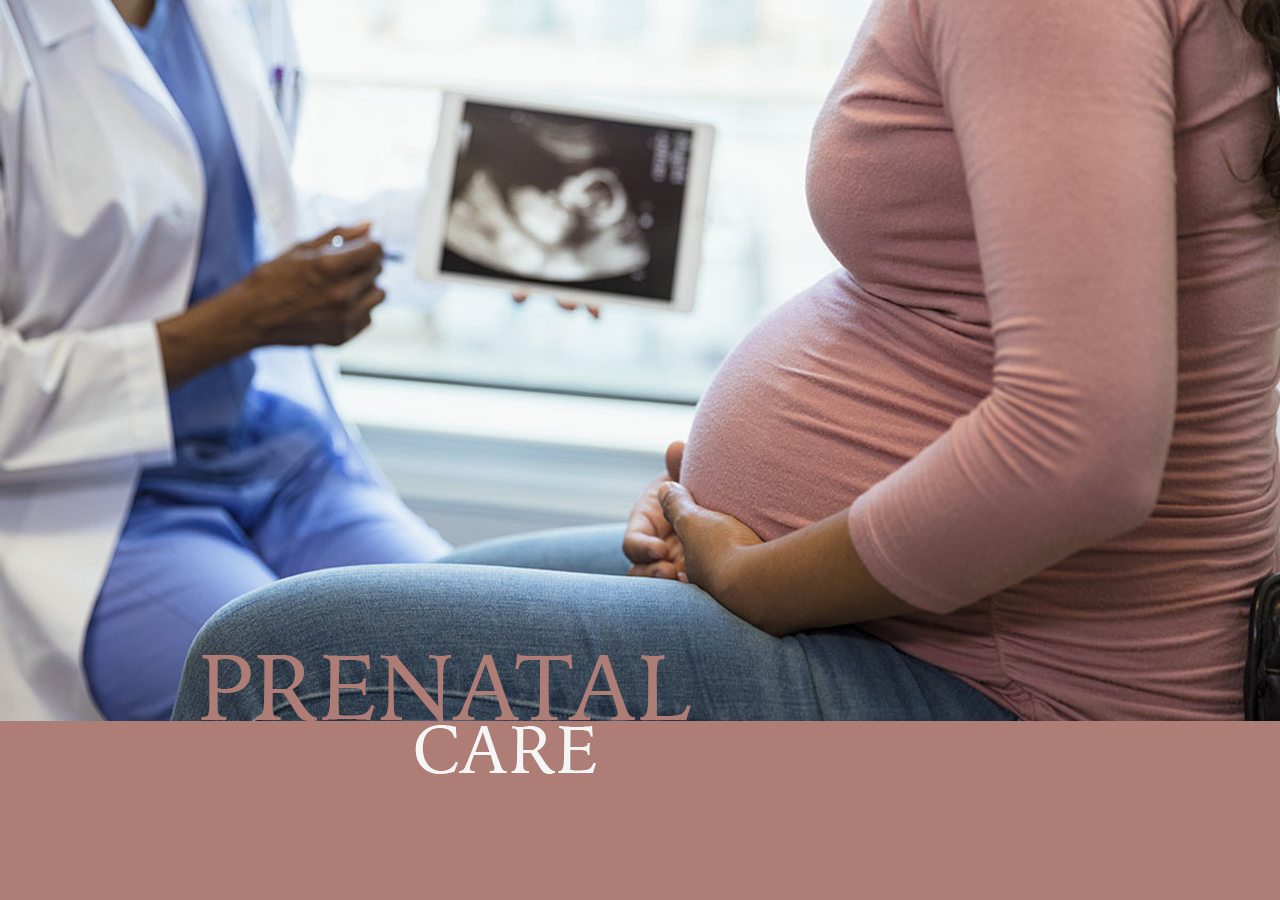What is Prenatal Care?
Prenatal care, or antenatal care, is the care a woman receives from the moment she becomes pregnant until birth. It is aimed at improving pregnancy outcomes.
It is worth mentioning that good prenatal care should begin even before conceiving with proper pre-pregnancy planning. This might include a preconception check-up with one's doctor to review one's current health status, manage chronic conditions before getting pregnant etc.
Benefits of Prenatal Care
Studies have shown that the benefits of prenatal care are observed not only during pregnancy, but also in postpartum, seeing as it decreases maternal and child morbidity and mortality.
The benefits of prenatal care throughout all pregnancy stages include, but are not limited to
• Ensuring normal fetal development, especially proper birth weight
• Reducing the rates of premature birth
• Decreasing the risk of neonatal death after birth
• Monitoring and promoting mother's health
• Decreasing the risk of certain birth defects
• Diagnosing and treating pregnancy complications early on
• Helping women gain pregnancy weight in a healthy way
• Providing counselling and reassurance
What does Good Prenatal Care Consist of?
Good prenatal care combines regular doctor's visits with timely prenatal testing as well as maternal wholesome practices. Early and regular is key.
Prenatal Doctor's Visits
The first prenatal visit is usually scheduled around the 8th week of pregnancy. Afterwards, most appointments will take place on a monthly basis until the end of the second trimester (28 weeks). In the weeks 28 to 36 of the third trimester, they will be scheduled every two-three weeka and then weekly thereafter (weeks 36-40)7.
Prenatal Tests
Prenatal tests are an inseparable part of antenatal care. While most of them take place in the doctor's office, including pregnancy ultrasounds and prenatal blood and urine tests, more advanced types of prenatal genetic testing, such as amniocentesis, might be arranged at a specialized facility.
Wholesome Prenatal Practices
Keeping up with various antenatal testing is as important as taking care of oneself outside the doctor's clinic. During pregnancy, an OBGYN typically provides guidance on how to have a healthy pregnancy and ensure that the baby has a proper environment for his or her development. Topics advised by the OBGYN may include:
• Prenatal vitamins
• Pregnancy diet
• Exercise during pregnancy
Although for most expectant women reaching for adequate prenatal care is a natural impulse and an integral part of being pregnant, for others, access to prenatal care is a challenge.
The type and quality of medical care as well as a mother's own practices have crucial effects on the progression and outcomes of her pregnancy.
Adapted from: https://www.shecares.com/pregnancy/prenatal-care








